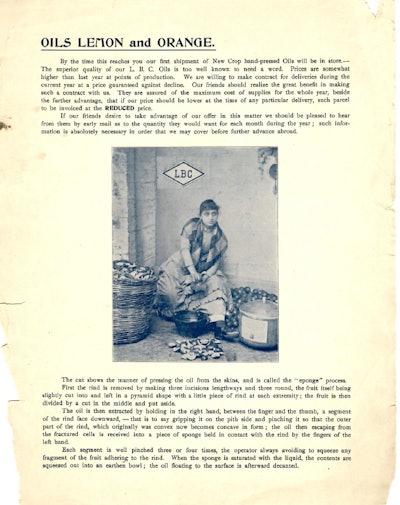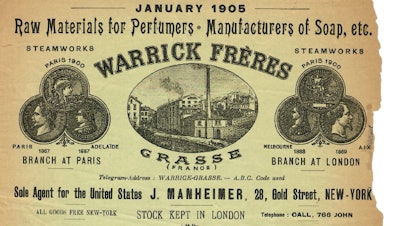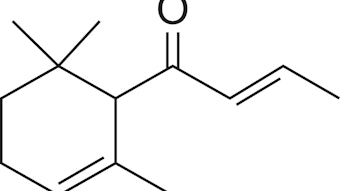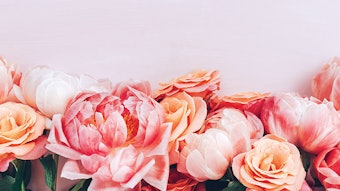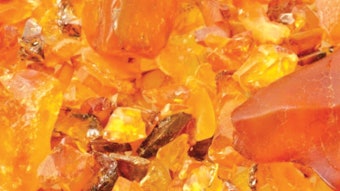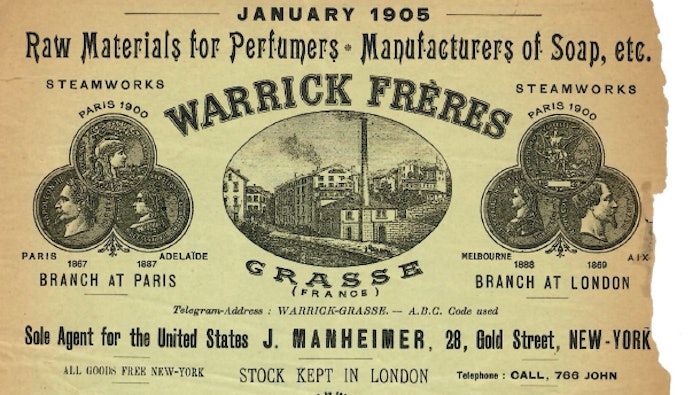
In early April 2024, I received an email from F&F industry legend Stephen Manheimer, sharing that he was open to sharing an incredible document from 1890, which he has stored from the predecessors of his family business, Leo Bernard & Co., represented Haarmann & Reimer for the sale of their new invention vanillin, as sole agents for USA and Canada (see below). Little did I know, this document was just the tip of the iceberg of Manheimer's stash from the past.
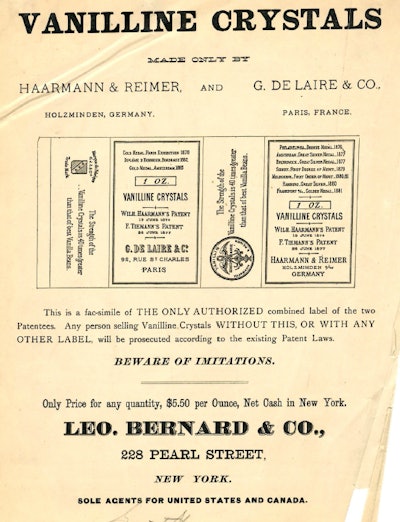
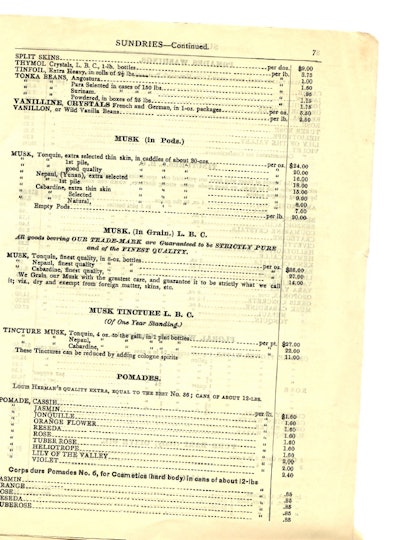
"I’m a collector, a genetic flaw perhaps, I inherited it from my mom and when I joined the family business in1964 I was given my great uncle's desk who founded the Manheimer business. In his desk I found these wonderful things and said, 'These things have to be kept over the years.' I not only kept all of the things he kept, but also added other historical essential oil and F&F ingredient memorabilia."
A few years ago, Manheimer took a look at his impressive collection and asked "What am I going to do with all this ephemera?"
He then went on a hunt to find a venue that was related to natural products, being that most of the products from the Manheimer business was natural products.
"I had this fantastic ephemera and was shopping around for some ideas and came across a thought about the New York Botanical Garden LuEsther T. Mertz Library (2900 Southern Blvd. Bronx, NY) which has a very serious botanical post-grad program which lots of people can get their Ph.D.s and they have an unbelievable library of both botanicals themselves."
The library proved to be the ideal venue to park the materials, being that it added to the business side of botanicals for researchers.
These items encapsulate the beginning of the F&F industry in the United States, and what it looked like in the late 1800s and 1900s. Heres some ephemera is part of that. My personal ephemera that I've donated is priceless."
The full list of materials includes correspondence, notes, clippings, printed matter, manuscripts, specimens, artifacts, videos, manuals, market reports, directories, calendars, blueprints, sculptures, lists, grant proposals and reports, photographs, field notes, field drawings, paper ephemera and memorabilia.
Manheimer says that upon his scheduled retirement from Kerry (not from the industry) in August, he plans to donate more documents, bottles and other items of memorabilia to the library.
"I'm not quite ready to part with the items from my office walls just yet," he admits. "Ninety-nine percent of the material I had, I donated. I still have some material to give to my two daughters for their personal records–now that I have a manageable quantity," he continued with a laugh.
His hope is that more family-owned and operated F&F businesses will donate pieces of their history, and of the industry, that will help build a better picture of the past, and inform the future.
"I’m trying to create a resource with my own memorabilia that the industry can join in and contribute their ephemera to a place where people can research it, where it brings attention to the F&F part of the botanical business and so on—and to donate it before it all disappears."
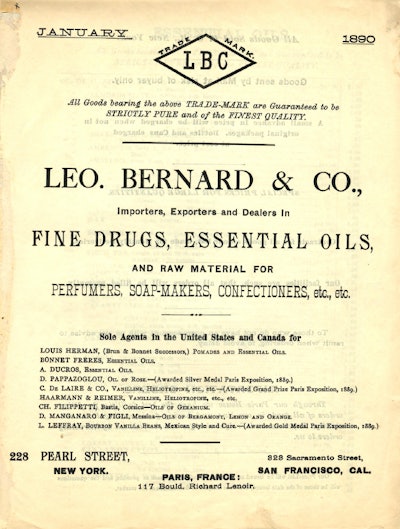
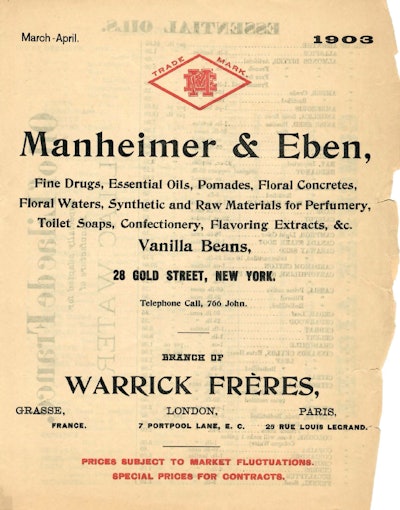
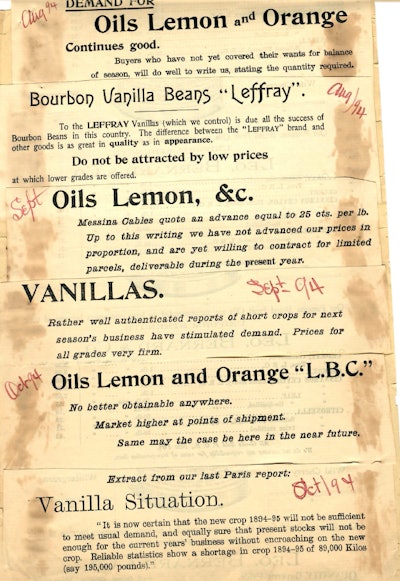
More on The Manheimer Family
Joseph Bernard emigrated from France to New York in 1864 to start a division of Leo Bernard and Co., a business importing essential oils, perfume, and soap ingredients from their factory in France. In addition to his own imports of floral, spice, and citrus naturals, he represented as an agent for other French, Belgium, and German producers: A Ducros, Hugues Aine, Haarmann & Reimer, and DeLaire & Co., along with a Bulgarian rose producer.
In 1876, Jacob Manheimer, a 12-year-old son of an immigrant butcher, knocked on Bernard's door seeking employment. At 19, Manheimer worked his way into an opportunity to buy and sell in Europe, leading to the opportunity to acquire the business from Bernard who was returning to France to retire. The Bernard business was acquired in 1895 by Jacob Manheimer and James Eben; the business was renamed to Manheimer and Eben. When Eben retired in 1905, Maheimer's brother, Isaac Manheimer (1874-1945) joined him as an employee, renaming the business to J. Manheimer.
While the business originally dealt with local apothecaries, soap factories, toiletry companies, and drug manufacturers and pharmacies, changes in Manheimer's capability and market opportunities, led to business developments and collaborations with multinational conglomerate corporations-providing them with flavor and fragrance ingredients and compositions.
Jacob Manheimer had no children of his own, which led to the expansion of the business through his nephews, Paul (1907-1982) and Edwin Manheimer (1912-1962) in the late 1930s. The business grew modestly as an importer of vanilla beans and essential oils, leading to the emergence of the flavor and fragrance compound business, to include beverage, confectionery, and savory and spice flavors, naturally sourced with organically derived materials. Soon after Edwin Manheimer's untimely death, the business was recapitalized with Stephen (1941-), Arnold (1945-) and Alan Manheimer (1945-), joining Paul and Bruce (1939-1996) Manheimer in 1961 as a new corporation, J. Manheimer, Inc.
Bruce, Arnold, Alan, and Stephen joined the business in 1962, 1964, 1966, and 1967, respectively. This led to further growth of the business, from its original base with a limited pallet of imported essentials oils and vanilla beans, the brothers and cousins developed a new source of flavors and fragrances with raw materials from India, China, South America and Indonesia. This led to the expansion of the business to include beverage ingredients and flavors, seasoning compositions, pharmaceutical, soap, and household products, including detergents and surface cleaners.
Stephen Manheimer served as a president of the company from 1976. In 1993, Stephen Manheimer's daughter, Karen Manheimer (1967-), joined the company. In 2003, the Manheimers, including Alan and Arnold, decided that further would require a new paradigm. They went through formal sales process with Kerry/Mastertaste being chosen as the owner, Manheimer became a platform for the growth aspirations of Kerry/Mastertaste in North America. The sale of the company closed in May 2004; Kerry carries on many of the Manheimer traditions in various product lines.
